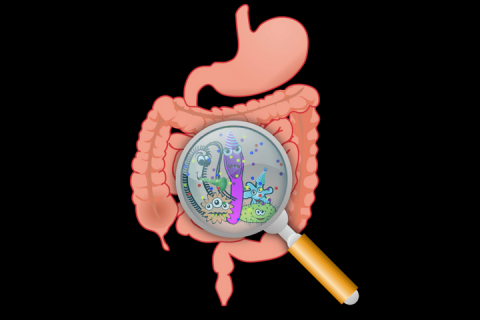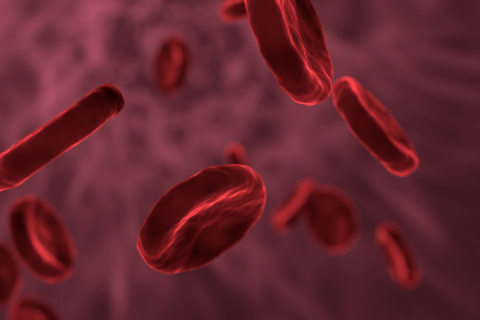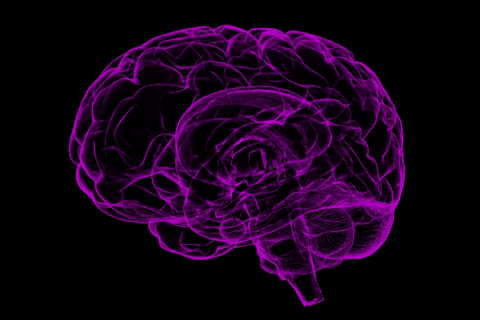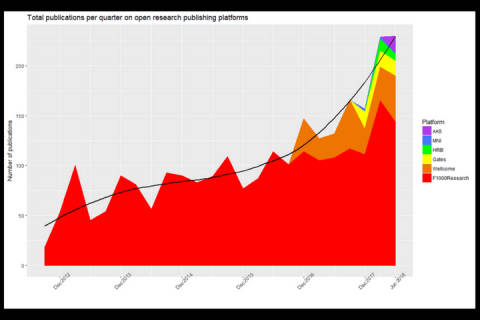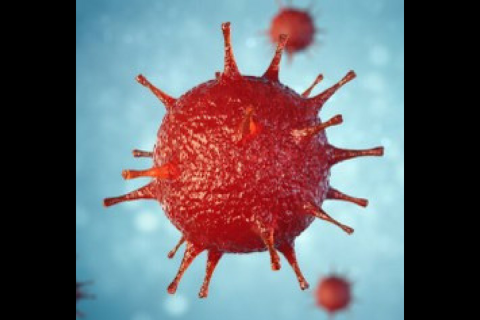Just 10 minutes of exercise could improve your memory. Thinking about the neurological benefits of physical exercise we share the top recommended articles on the affect of exercise on cognition; our usual top three articles for the month; and our Hidden Jewels. Click on the images for full access to the recommendations.
How does the microbiota modulate ageing? In a recent Faculty Review, Dario Riccardo Valenzano and his co-author Jens Seidel, explore whether our microbiota play a causal role in the ageing process and the possible mechanisms by which it could do so. The answer to anti-ageing could lie in our gut, according to research published in…
Robin Blythe, discusses hospital decision-makers and clinical ambiguity related to his recent research published on F1000Research. In this blog he covers the cost savings and health benefits of implementing a care bundle for sepsis patients on a trial basis compared to waiting for better quality evidence.
Scientists have discovered the world’s oldest colour and it might not be what you think, as it’s bright pink! The bright pink pigments are molecular fossils of chlorophyll produced by tiny ancient cyanobacteria. Given this finding on cyanobacteria and evolution we share the top three articles related to the evolution of marine microbes; our usual top three articles for the month; and our Hidden Jewels.
A method article published on NC3Rs gateway on F1000Research describes the process of making whole brain organotypic slices and explains how this method can be used to reduce and refine the use of animals in Alzheimer’s disease research. In this Q&A, authors Cara Croft and Wendy Noble (CC and WN), and reviewer Claire Durrant (CD), talk about the 3Rs (replacing, reducing and refining); the NC3Rs gateway and their experience of open peer review.
In the UK, migrants and ethnic minorities have higher rates of tuberculosis (TB) compared with the general population. Much of the focus has been on pathogen exposure to explain the disparity. However, in their review published in F1000Research, Sally Hayward and Rachel Tanner explain that there are multiple factors at play. Here they discuss how these factors could contribute to the different rates of TB between groups and populations.
July’s faculty member of the month is Nobel laureate Joachim Frank. In this Q&A, we go back to October 2017 to talk about the day the Nobel prize winners were announced. Among the celebrating and the press engagements, Joachim still found the time to write a Prime recommendation for an article about the very technique for which he was awarded.
Europe PMC repository will start indexing preprints. In this blog post Rebecca Lawrence, Managing Director at F1000, talks about the growth of preprinting and the value this initiative has for research.
Hollydawn Murray announces the new Cytoscape Automation collection and we hear from users about its value for sharing and reproducibility.
Michael Markie discusses a new gateway on F1000Research that aggregates all research outputs published on our platform related to global disease outbreaks, making the information on endemics, epidemics or pandemics publicly available so that others can respond to an outbreak effectively. Sharing all disease outbreaks information is crucial We are pleased to announce a newly created…





